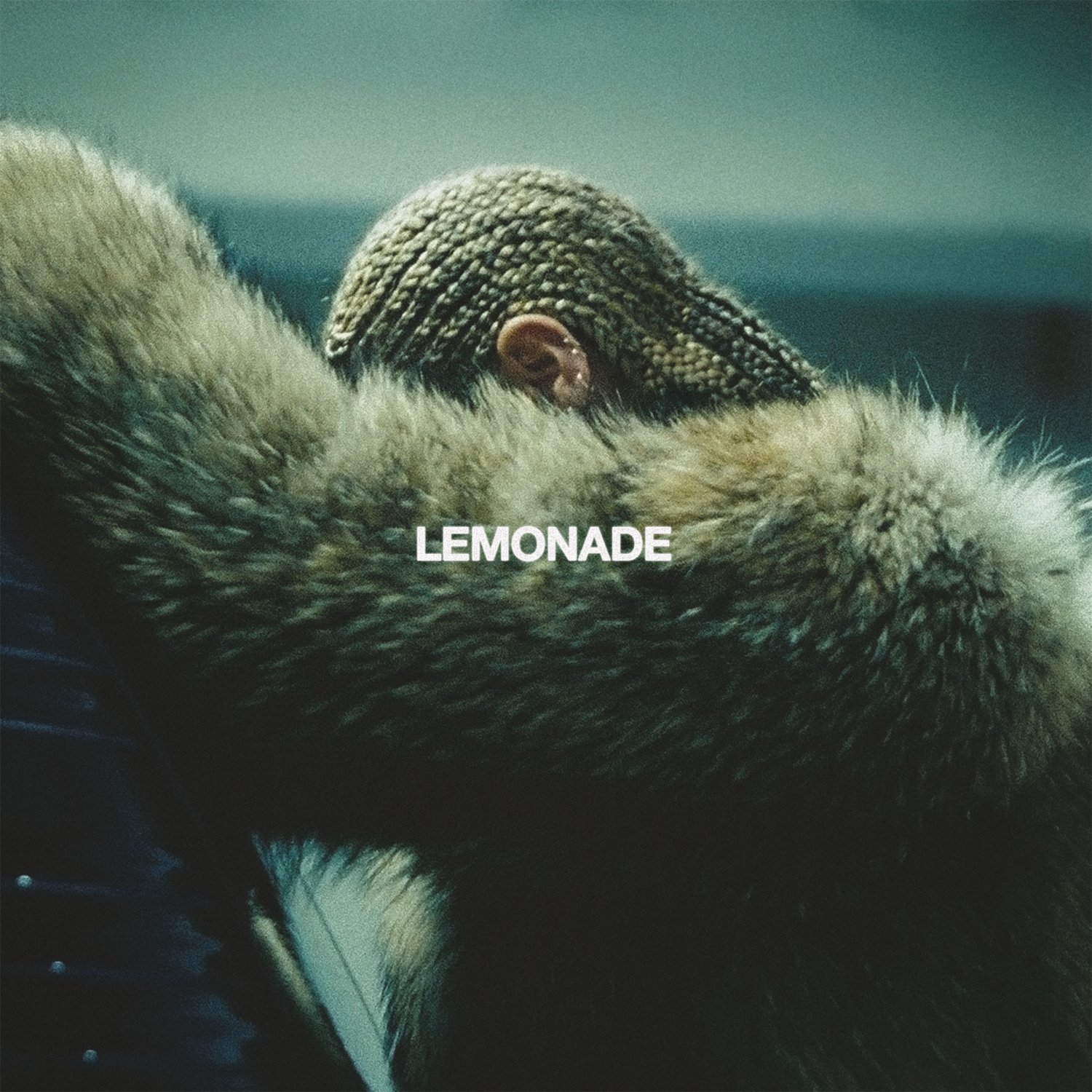In the run up to the surprise release of Beyoncé’s sixth album over the weekend, there were really only two indications of where her latest LP might be going. The first was ‘Formation,’ a strident and empowering anthem for black women, and her Super Bowl performance, which was heavily inspired by the Black Panthers. But despite its numerous references to many aspects of black culture and history, and specifically the black female experience, Lemonade isn’t the R&B equivalent of Kendrick Lamar’s To Pimp A Butterfly.
No doubt spurred on by the allegations of her husband, rapper Jay-Z, being less than faithful, Beyoncé’s latest is actually a much more personal affair. Indeed, the first lines on the album are “You can taste the dishonesty/ It’s all over your breath.” Simply put, when life handed her lemons, Beyoncé made Lemonade. Curiously, Lemonade has more in common thematically with Björk’s last album Vulnicura than it does Kendrick: both deal with the most intimate of relationships, and both follow an emotional arc not dissimilar to the Kübler-Ross model of grief.
It also shares Vulnicura’s daring and experimental edge, at least for an artist as embedded into the mainstream as Beyoncé. The breathy harmonies and double bass of opener ‘Pray You Catch Me’ gradually morphs into gloriously melancholy strings that compound Beyoncé’s deep misery. ‘Hold Up’ isn’t just notable for its writing credits, which include Father John Misty and Vampire Weekend’s Ezra Koenig. Its creeping, borderline reggae groove mirrors Beyoncé’s sense of self-doubt and the mental torture she puts herself through, while almost desperately repeating the line “they don’t love you like I love you” (lifted from Yeah Yeah Yeahs’ ‘Maps’) only serves to make her seem more vulnerable.
Both ‘Sorry’ and ‘6 Inch’ delve more into familiar trap territory but the former’s minor key bleeps and the latter’s dark, atmospheric production (more like what you’d find on a song by its guest artist, The Weeknd) give both some emotional weight. Speaking of which, the most gut-wrenchingly sad moment of Lemonade comes during the piano ballad ‘Sandcastles.’ Though Beyoncé is on safer ground musically here, the way her voice cracks and almost completely breaks down is so raw that it’s painful. Beyoncé sounds more real in those few seconds than she’s ever been.
By contrast, ‘Don’t Hurt Yourself’ sees the singer at her most ferociously primal. Featuring Jack White, its dirty blues guitar, crashing drums and sample of Led Zeppelin’s ‘When The Levee Breaks’ makes the song initially seem more at home on the former White Stripes frontman’s last solo effort Lazaretto. But Beyoncé completely dominates here, as she literally screams “who the fuck do you think I am” over haunting gospel harmonies. Further proving her versatility, Miss Knowles even tries her hand at country on ‘Daddy Lessons,’ a rip-roaring four minutes that begins with New Orleans jazz but mainly only subsists on acoustic guitar, handclaps and Beyoncé’s charisma as a performer.
The undoubted highlight of the whole album, though, is ‘Freedom.’ Built on fuzzy 60s organ that’s reminiscent of The Doors and a strident marching beat, Beyoncé boldly proclaims “I break chains all by myself,” and guest Kendrick Lamar spins a typically tangled but pertinent and intelligent web of metaphors that urge us to “cast away oppression.” These are images that explicitly resonate both with the album’s overarching theme of power and relationships and with the wider black experience. ‘Freedom’ might well be the greatest, most empowering song Beyoncé has ever performed.
If there’s a flaw in Lemonade, it’s the inclusion of the very track used to tease it: ‘Formation.’ Sitting right at the end of the album, it references Black Lives Matter, civil rights in a more generalised sense, riot police, and makes empowering statements about black beauty (“I like my baby hair and afros,” for instance). But its politicised commentary and trap beats just seem out of place at the end of the album. On penultimate track ‘All Night,’ Beyoncé’s completes her arc, finally reconciling and coming to terms with what has happened within her marriage; it should have been a satisfying conclusion. Instead, ‘Formation’ muscles in and feels a bit tacked on, ruining some of the satisfaction of joining Beyoncé on her emotional journey. While the message behind ‘Formation’ is important, it’s difficult not to feel that it’d be better off left as a bonus track.
Still, Lemonade is Beyoncé’s most engaging and consistent record to date, rarely faltering in its vision and proving that the Texan singer isn’t to be messed with. Instead of shying away from the toughest questions in her personal life, she channels them into a record that’s powerful, evocative and laced with a fine smattering of political commentary. As Beyoncé puts it, “a winner don’t quit on themselves.”




